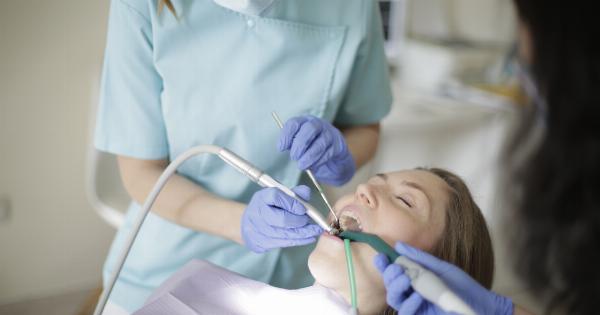Medical errors refer to preventable mistakes in healthcare settings that lead to harm or injury to patients. These errors can occur in all areas of medical care, from diagnosis and treatment to surgery and postoperative care.
The consequences of medical errors can be devastating, resulting in disability, prolonged hospital stays, and even death. In this article, we will explore the impact of medical errors on patients and the healthcare system.
The Prevalence of Medical Errors
Medical errors are more common than most people may think. In fact, studies have shown that one in twelve patients are affected by medical errors in the United States. This means that over 33 million people are harmed by medical errors each year.
Medical errors are the third leading cause of death in the United States, after heart disease and cancer. This highlights the importance of addressing medical errors in healthcare settings.
Causes of Medical Errors
Medical errors can be caused by a variety of factors, including communication breakdowns, lack of quality control measures, human error, and system failures.
Communication breakdowns can occur when healthcare providers fail to communicate important information to patients or other healthcare providers. Lack of quality control measures can result in healthcare providers making mistakes or not following established protocols. Human error can be a result of fatigue, stress, or lack of training.
System failures can occur when healthcare systems are not designed to prevent errors or when there are inadequate resources to support healthcare providers.
Types of Medical Errors
There are many types of medical errors that can occur in healthcare settings. Some of the most common types of medical errors include medication errors, surgery errors, misdiagnosis, and infections.
Medication errors can occur when healthcare providers prescribe the wrong medication or incorrect dosage. Surgery errors can result in complications such as infections, bleeding, or organ damage. Misdiagnosis can lead to delayed treatment or incorrect treatment. Infections can occur when healthcare providers fail to follow proper infection control protocols.
The Impact of Medical Errors on Patients
Medical errors can have a significant impact on patients. Patients who are affected by medical errors may experience physical and emotional harm. Physical harm can include prolonged hospital stays, disability, or even death.
Emotional harm can include anxiety, depression, and post-traumatic stress disorder. Patients who experience medical errors may also face financial burdens due to the cost of healthcare, lost wages, and disability.
The Impact of Medical Errors on Healthcare Providers
Medical errors can also have a significant impact on healthcare providers. Healthcare providers who make errors may experience guilt, shame, and stress.
Healthcare providers who are responsible for medical errors may also face disciplinary actions, legal action, and damage to their reputation. Medical errors can also impact the morale of healthcare providers and the quality of care they provide.
The Cost of Medical Errors
Medical errors have a significant impact on the healthcare system. Medical errors cost the United States healthcare system billions of dollars each year.
These costs include the cost of additional medical care, legal fees, lost productivity, and the cost of insurance claims. Medical errors also result in decreased patient satisfaction and trust in the healthcare system. The cost of medical errors highlights the need for healthcare systems to implement measures to prevent errors from occurring.
Preventing Medical Errors
Preventing medical errors is a complex process that requires a multi-faceted approach.
Healthcare systems can implement measures to prevent medical errors such as developing quality control measures, implementing training programs for healthcare providers, improving communication between healthcare providers and patients, and utilizing technology to improve patient safety. Patients can also play a role in preventing medical errors by being proactive in their healthcare, asking questions, and providing accurate information.
Conclusion
Medical errors have a significant impact on patients, healthcare providers, and the healthcare system. It is important for healthcare systems to take proactive measures to prevent medical errors from occurring.
Patients can also play a role in preventing medical errors by being proactive and informed in their healthcare. By working together, we can reduce the prevalence and impact of medical errors in healthcare settings.



























